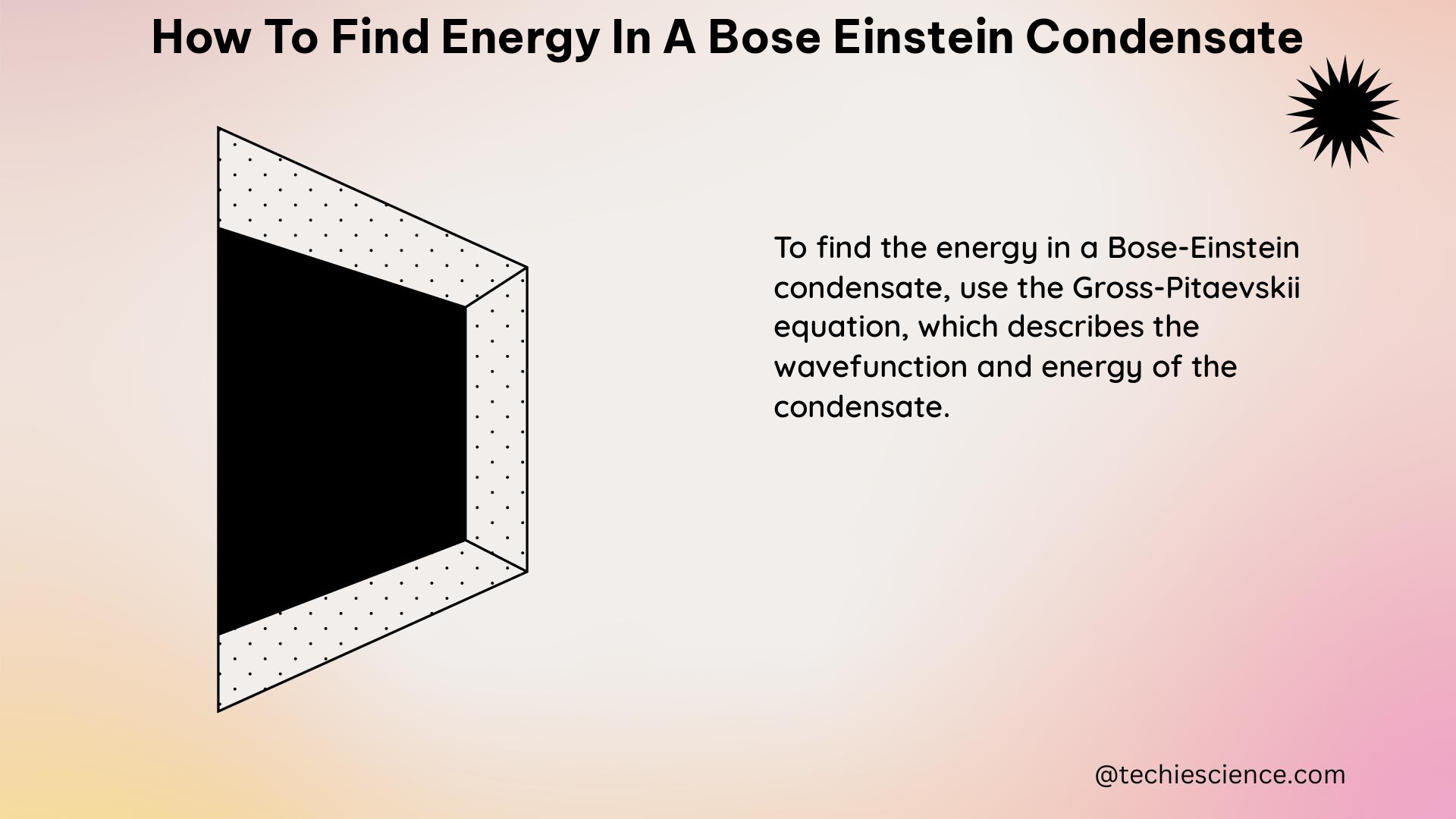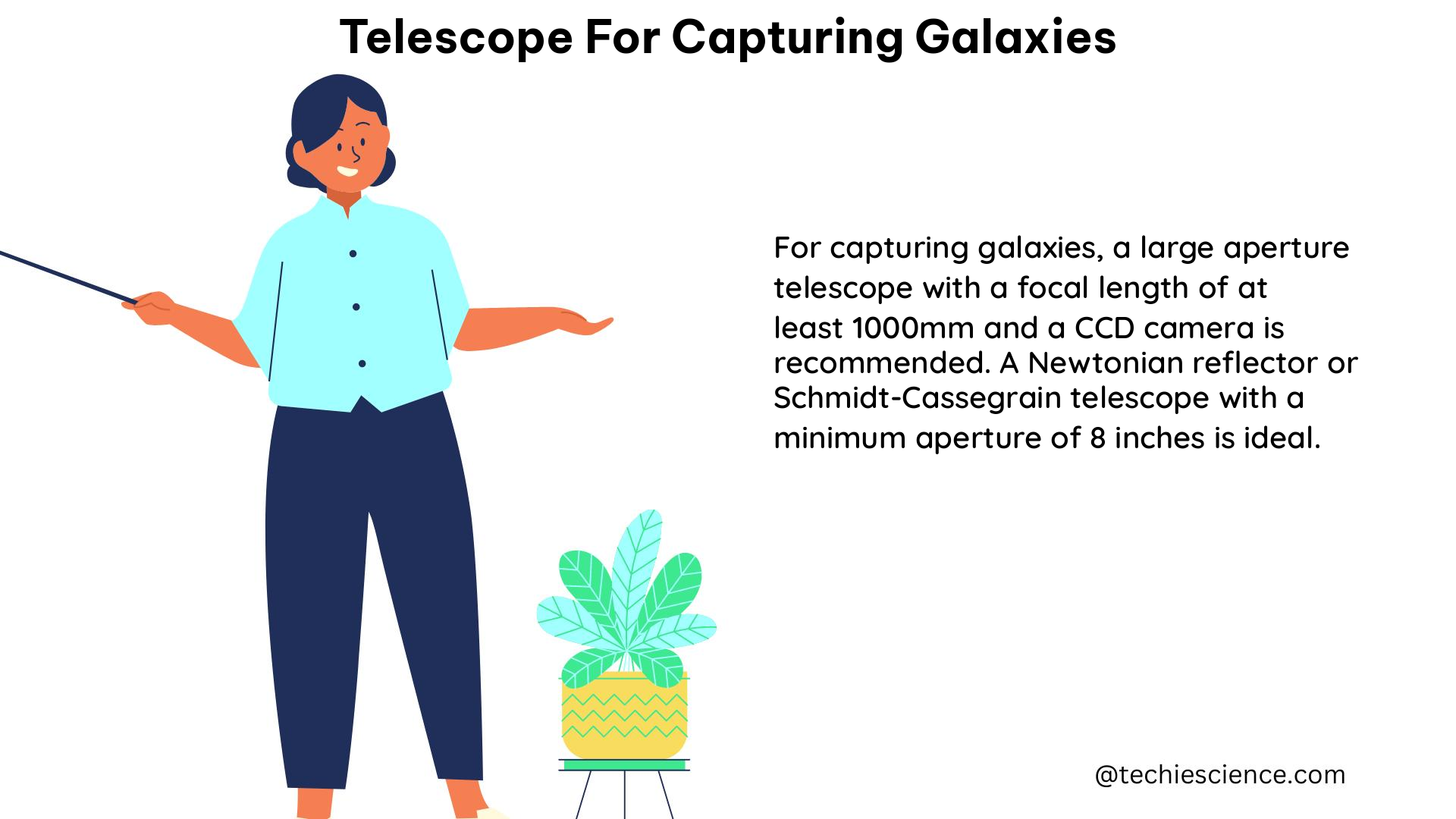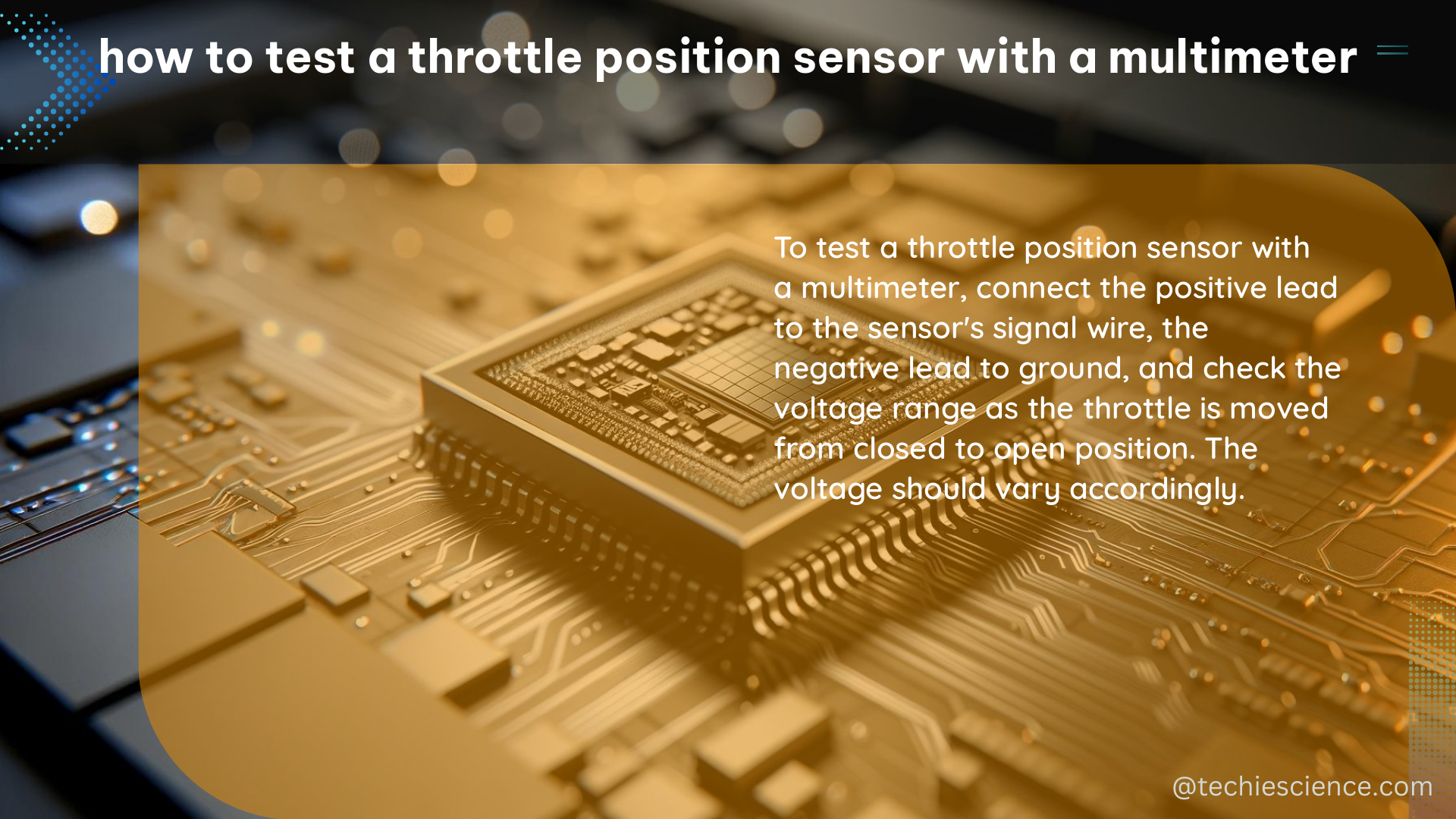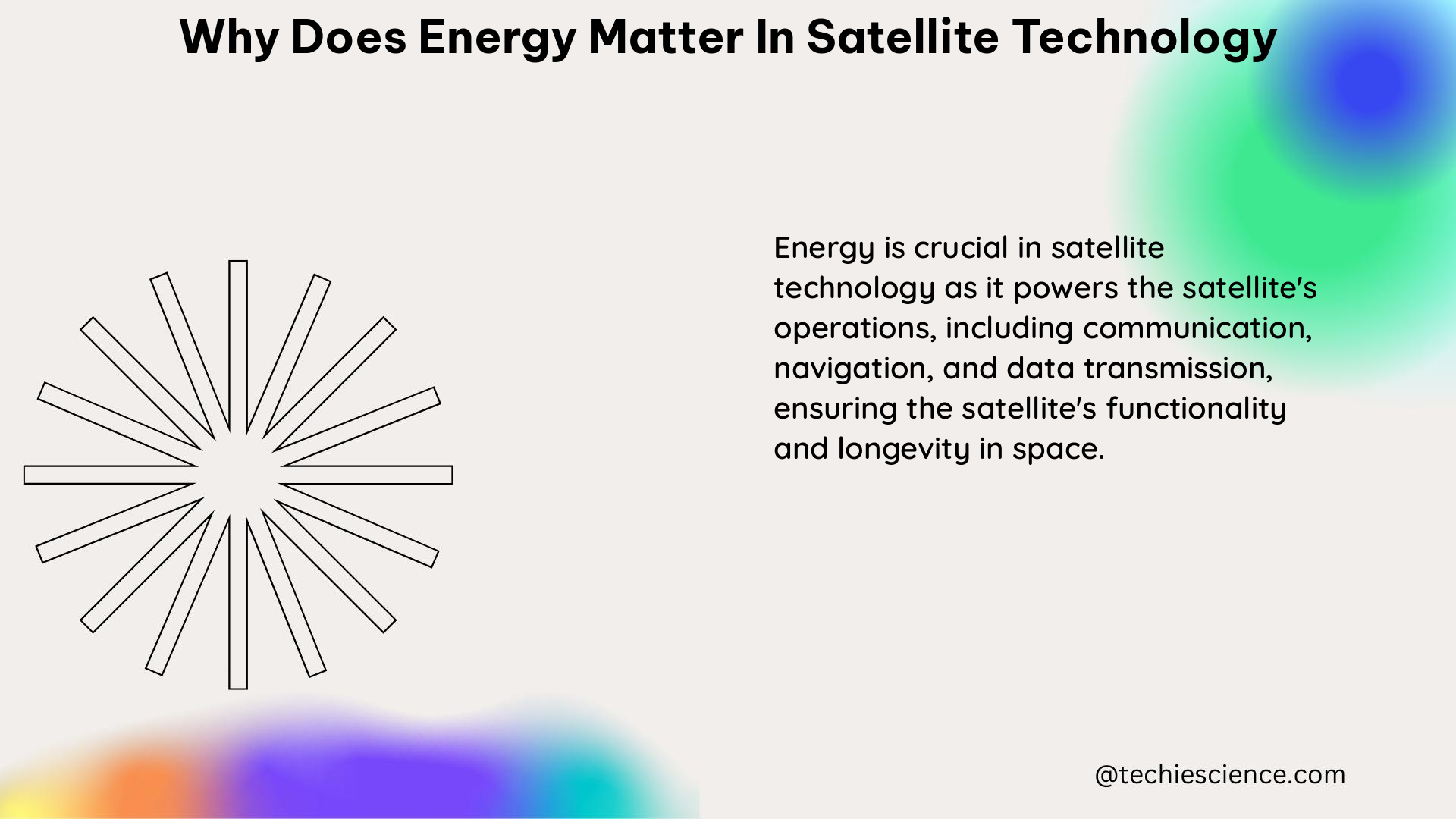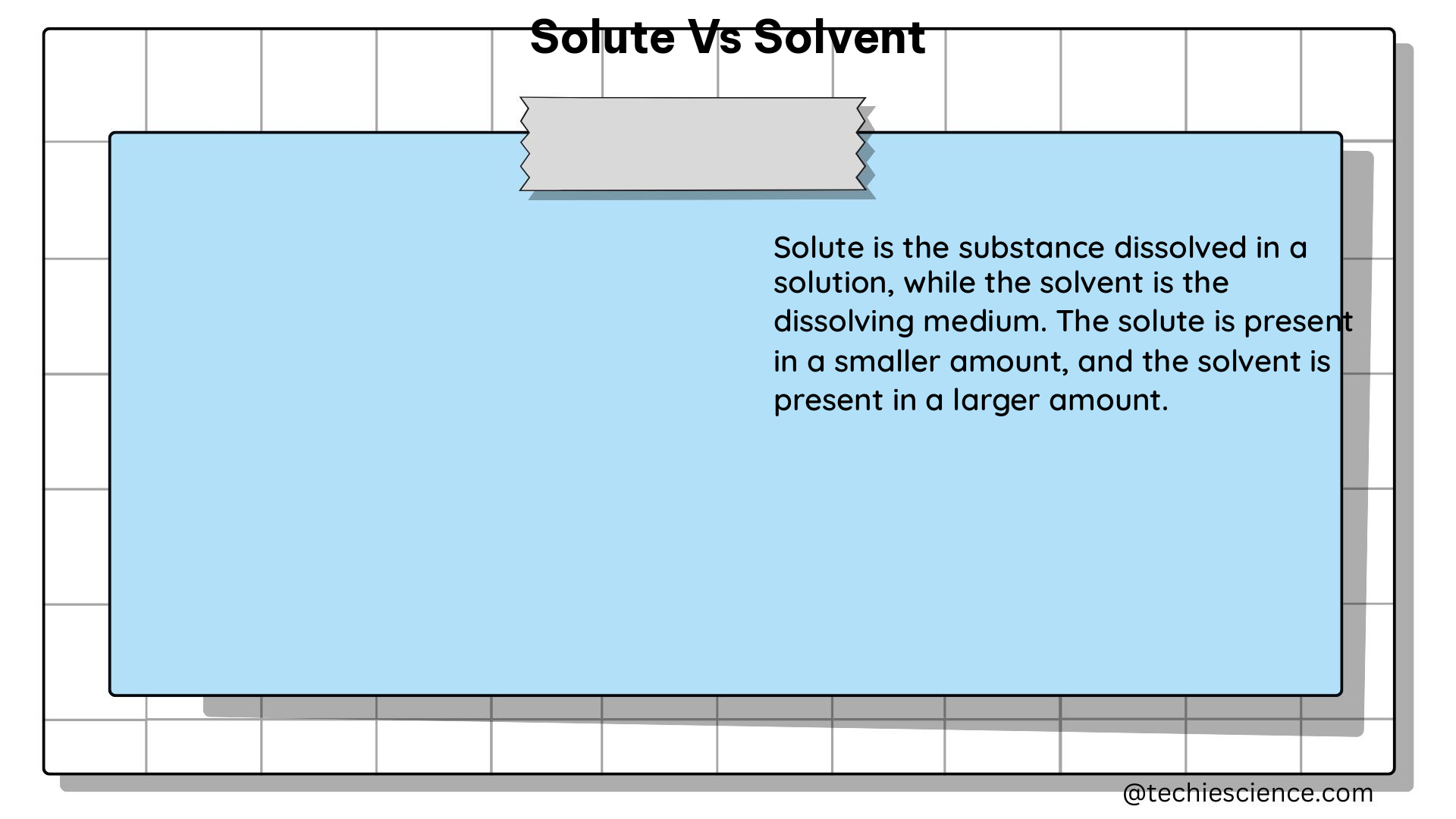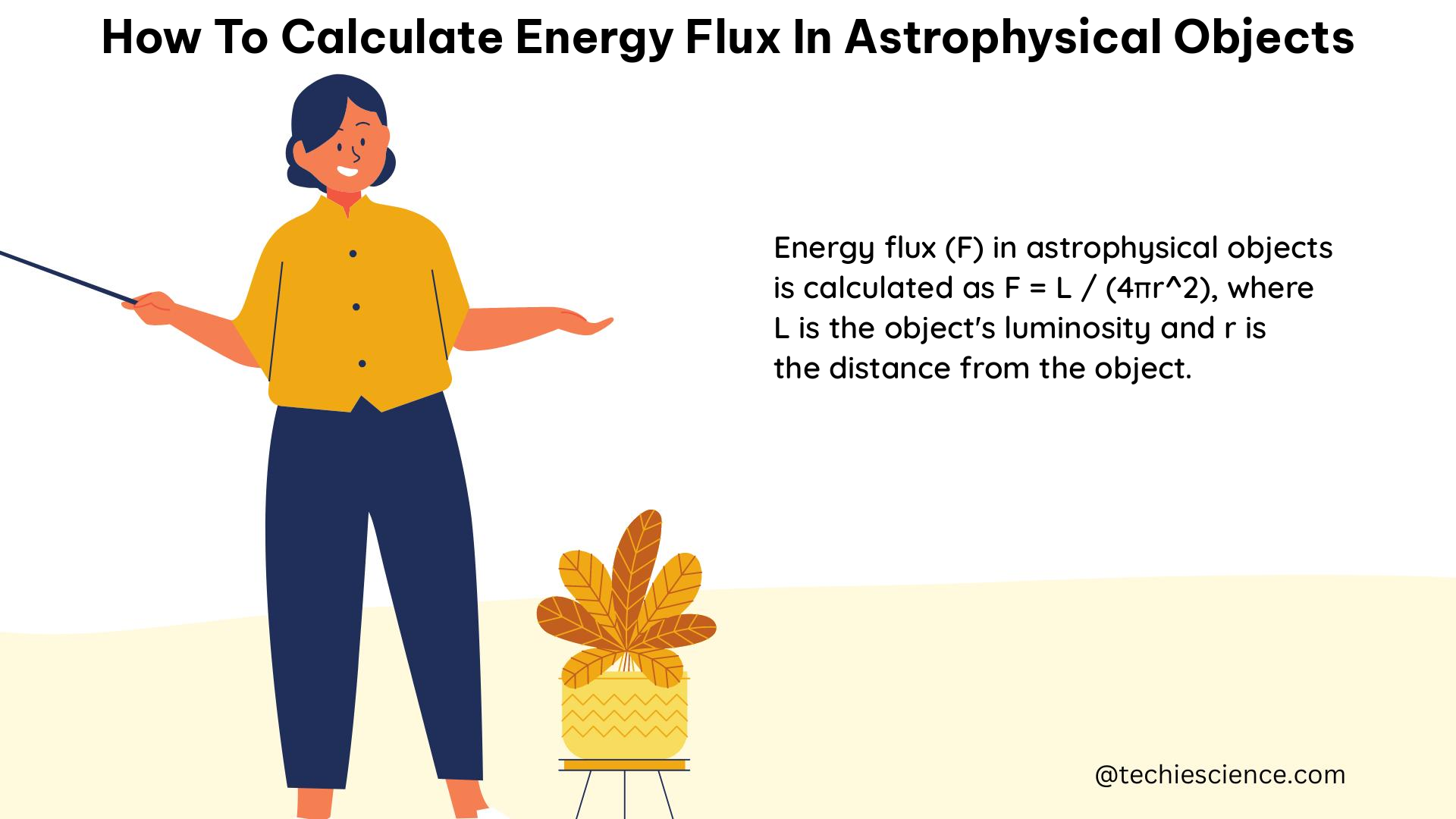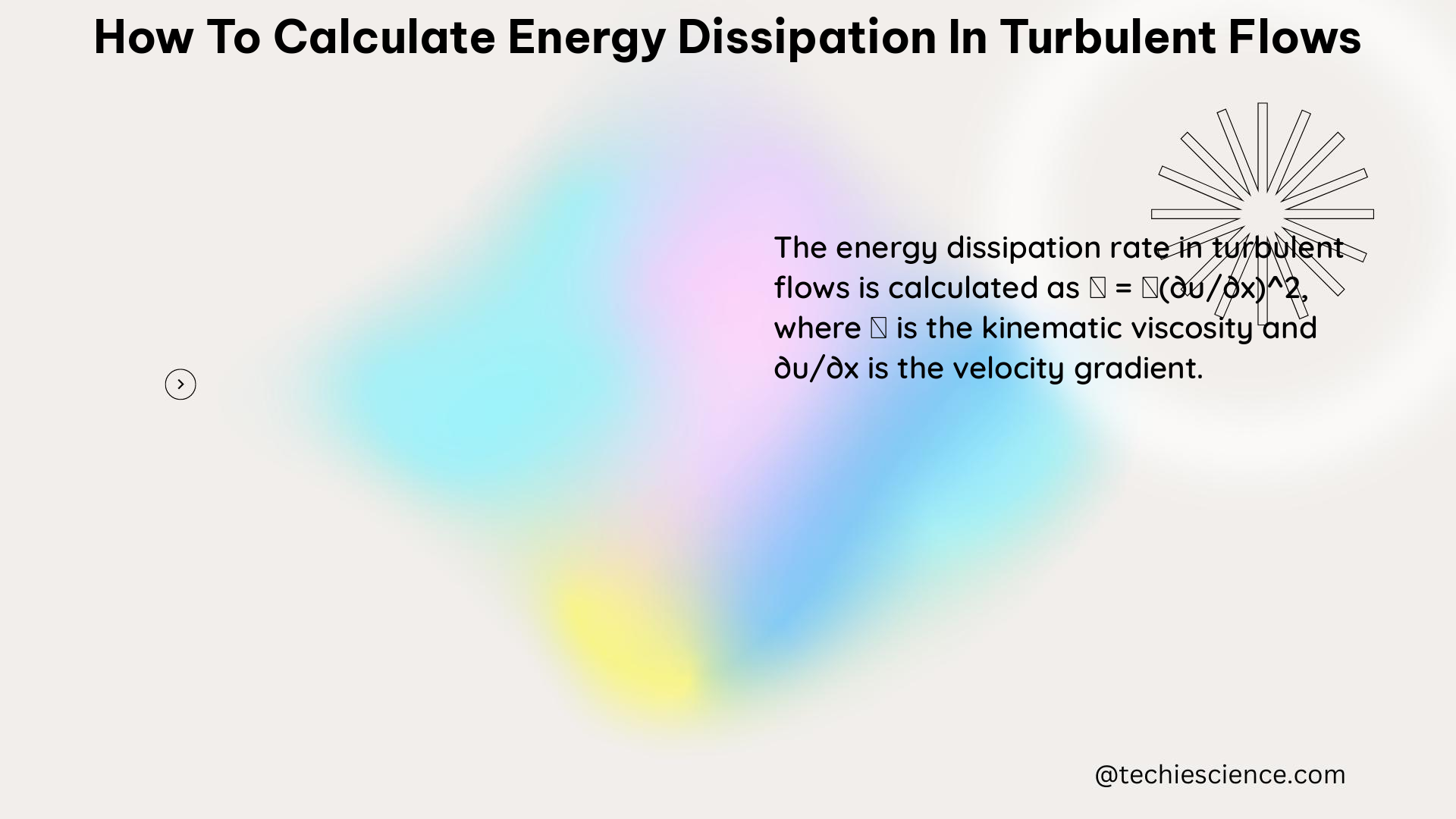The Barlow Lens in Telescopes: A Comprehensive Guide
The Barlow lens is a versatile and essential accessory for amateur and professional astronomers alike, offering a simple yet effective way to enhance the magnification and performance of their telescopes. By understanding the physics behind the Barlow lens and its various applications, users can unlock the full potential of their optical systems and enjoy a … Read more

